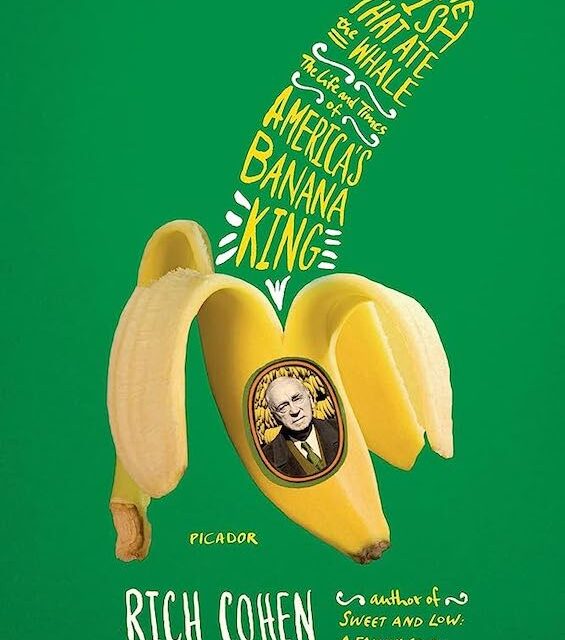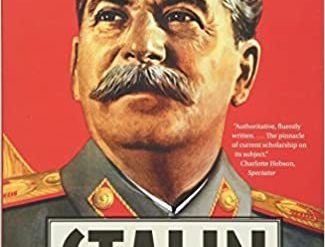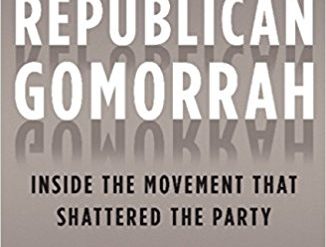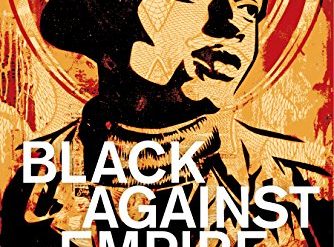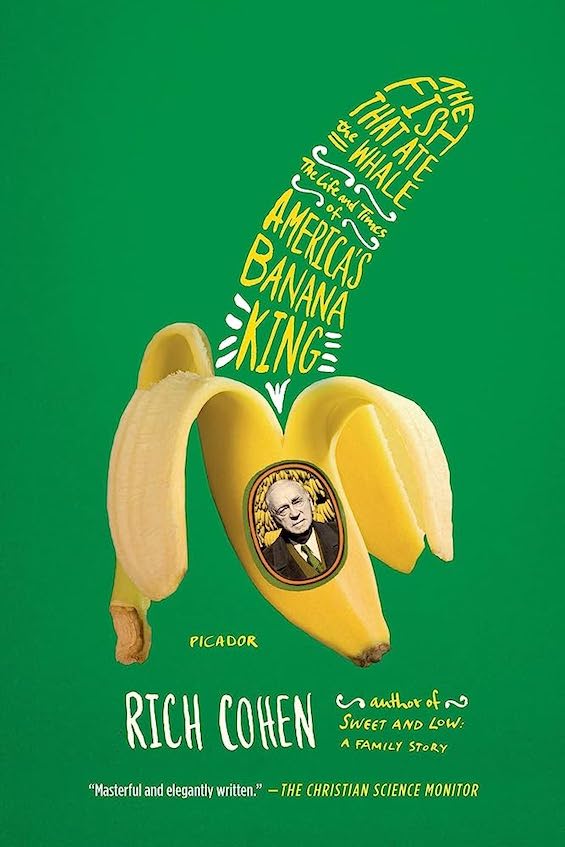
Chances are, you’ve never heard of the guy who was famously called America’s Banana King. But if you’re not aware of some of the things he’s done, you’ll never be a big winner on Jeopardy or pass an AP test in modern world history. Just for example, he was the guy who engineered the CIA-led coup that overthrew the government of Guatemala in 1954, ushering in an era of intensified hatred for the United States throughout Latin America.
Estimated reading time: 5 minutes
The same man was also pivotal in the early history of Israel. As Chaim Weizmann’s favorite donor in America. As the man who pulled strings to force the release of the ship Exodus from the Port of Philadelphia and send it on its way to Israel. And as the source of ocean-going ships that carried tens of thousands of Jewish refugees from displaced-person camps in Europe to Palestine. Not to mention that he was the central figure in persuading President Truman to support the independence of Israel. Oh, and he also helped make the banana America’s favorite fruit. What else would you expect of America’s Banana King?
The Fish That Ate the Whale: The Life and Times of America’s Banana King by Rich Cohen (2012) 270 pages ★★★★★

How a penniless immigrant became America’s Banana King
His name was Samuel Zemurray (1877-1961). He arrived in the United States in 1891 as a 14-year-old, a penniless Russian Jewish immigrant fresh off his father’s wheat farm in present-day Moldova. Within two decades, he was a multimillionaire, only a little past the age of 30. And that was back in the day when a million dollars was a lot of money. (In fact, it was equivalent to more than $32 million in 2023.)
Having stumbled across his first banana before the turn of the century, Sam had become a major factor in the banana trade by 1910. Already then, he was a thorn in the side of the United Fruit Company, which commanded 60 percent of the market. Unlike most of his competitors, Sam had taken up residence in Honduras, where he worked the fields alongside his men and went out drinking with them in the evenings. He was a beloved figure throughout banana country on the Central American isthmus despite his later reputation as the personification of American imperialism and exploitation.
Two decades later, during the Depression, exasperated with United Fruit’s incompetent, Boston-bound leadership, he engineered a takeover of the company at a time when it was on the ropes. He led U.F.—known as “The Octopus” or “El Pulpo”—back to consistent profits for 25 years. But then he foundered on the heels of his greatest triumph: the overthrow of Jacobo Arbenz as President of Guatemala, which ironically brought to a close the era of the United Fruit Company as a landowner in Central America.
An extraordinary story written with a sure hand
Nonfiction author Rich Cohen writes the extraordinary story of Sam Zemurray with a sure hand, delving into the recesses of the Banana King’s soul as deeply as could anyone who never met the man. His intimate, first-person style is engaging, often ironic. The Fish That Ate the Whale is a joy to read.
In the end, Cohen offers this judgment of Sam Zemurray: “If he had questioned the workings of [the] machine [he had set in motion and tended so long], he would have been a great man, but he was not a great man; he was a complicated man blessed with great energy and ideas.”
Zemurray died in his palatial New Orleans home in 1961 at the age of 84. Today, many of his descendants remain involved in Central America, as anthropologists, art experts, and in other academic pursuits. Perhaps they did come to understand the workings of Sam’s machine even though he never did.
About the author
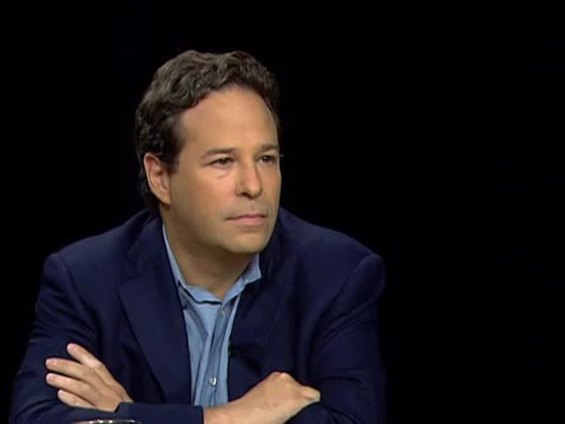
Rich Cohen is the author of fourteen nonfiction books, many of which have been New York Times bestsellers. He is also a contributing editor to two magazines, Vanity Fair and Rolling Stone, and co-creator of the HBO series Vinyl. More recently, he became a columnist for the Wall Street Journal. Cohen was born in 1968 near Chicago and received a BA from Tulane University. He now lives in Connecticut with his four sons.
For related reading
See Harsh Times by Mario Vargas Llosa (When the CIA overthrew the Guatemalan government), a novel by a Nobel Prize-winner about the 1954 coup that ended the country’s experiment with democracy.
This is one of Worthy books about Jewish topics.
Like to read good biography? Check out 10 great biographies. Or business? See My 10 favorite books about business history.
And you can always find my most popular reviews, and the most recent ones, on the Home Page.

